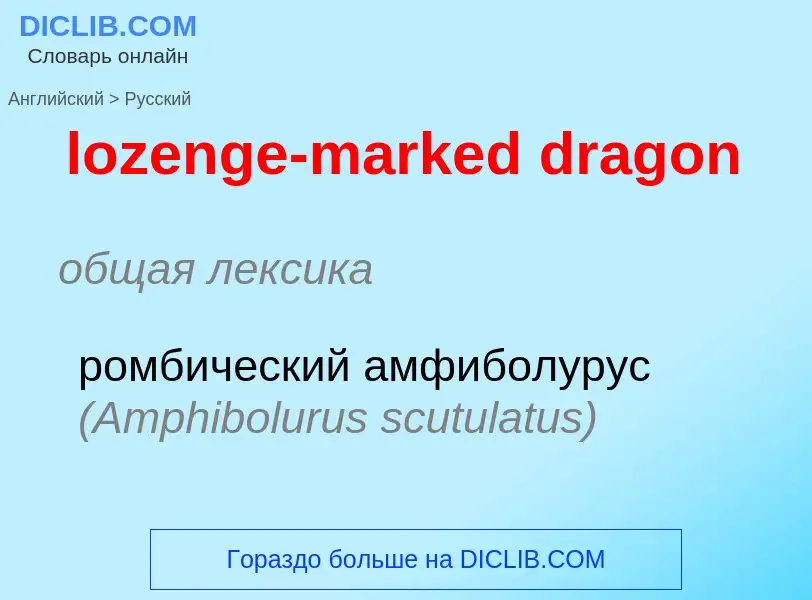Μετάφραση και ανάλυση λέξεων από τεχνητή νοημοσύνη
Σε αυτήν τη σελίδα μπορείτε να λάβετε μια λεπτομερή ανάλυση μιας λέξης ή μιας φράσης, η οποία δημιουργήθηκε χρησιμοποιώντας το ChatGPT, την καλύτερη τεχνολογία τεχνητής νοημοσύνης μέχρι σήμερα:
- πώς χρησιμοποιείται η λέξη
- συχνότητα χρήσης
- χρησιμοποιείται πιο συχνά στον προφορικό ή γραπτό λόγο
- επιλογές μετάφρασης λέξεων
- παραδείγματα χρήσης (πολλές φράσεις με μετάφραση)
- ετυμολογία
lozenge-marked dragon - translation to ρωσικά
общая лексика
ромбический амфиболурус (Amphibolurus scutulatus)
Ορισμός
Βικιπαίδεια
In linguistic typology, marked nominative alignment is an unusual type of morphosyntactic alignment similar to, and often considered a subtype of, a nominative–accusative alignment. In a prototypical nominative–accusative language with a grammatical case system like Latin, the object of a verb is marked for accusative case, and the subject of the verb may or may not be marked for nominative case. The nominative, whether or not it is marked morphologically, is also used as the citation form of the noun. In a marked nominative system, on the other hand, it is the nominative case alone that is usually marked morphologically, and it is the unmarked accusative case that is used as the citation form of the noun. The unmarked accusative (sometimes called absolutive) is typically also used with a wide range of other functions that are associated with the nominative in nominative-accusative languages; they often include the subject complement and a subject moved to a more prominent place in the sentence in order to express topic or focus.


